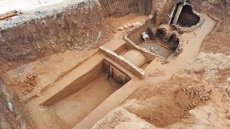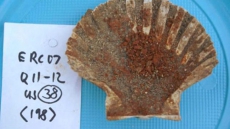According to new research in the journal Ethnic and Racial Studies, collective pride in his achievement also changed how African Americans named their babies, with many post-2008 parents opting for more ethnic-sounding names.
As Tracy N. Anderson-Clark and Raymond J. Green of Texas A&M University explain, names matter. They naturally represent ‘culture, family, heritage, and tradition’, but they can also reflect how individuals and groups perceive themselves – a concept called collective self-esteem (CSE).
According to Anderson-Clark and Green, the election of the first African American President was ‘likely to have positively affected the self-perceptions of African Americans regarding personal and collective feelings about being African American’. It would only follow, then, that African American parents might choose to reinforce their pride in their group identity through the names they chose for their children – a process called "basking in reflected glory."
To find out if this was indeed the case, Anderson-Clark and Green analysed the names of hundreds of African American babies born both before and after Obama’s election. They also measured their mothers’ personal and collective self-esteem with the help of questionnaires.
The results showed a significant difference between the ethnic sound of children’s names born before the election of Barack Obama and those born after, with ‘the tendency for more “African American” sounding names … accelerated for children born after the election.’ There was also a link between a mother’s CSE score – a measure of her own cultural ties – and how ethnic her baby’s name was.
While having pride in one’s ethnic or racial group is a good thing, Anderson-Clark and Green feel parents ought to be made aware of the unintended consequences of their name choices. They write: “The ethnic sound of a child’s name may affect how the child is treated by others, such as teachers. In reality then, the issue becomes a balancing act of choosing to affirm one’s racial identity through the expression of names while attempting to avoid the prejudice and discrimination that might be elicited through those names.”
Whether the constant talk about race and ethnicity in the run-up to this year’s presidential election will be reflected in the names of babies born after 8 November remains to be seen.






